A new study shows that babies in the womb tend to smile after their mothers have eaten carrots. Conversely, they frown after their mothers have been eating kale.
Earlier this month, the results of a study conducted by the University of Durham’s Fetal and Neonatal Research Center were released, showing some pretty interesting stats on babies’ food preferences while still in the womb .
The study was conducted on around 100 pregnant women.
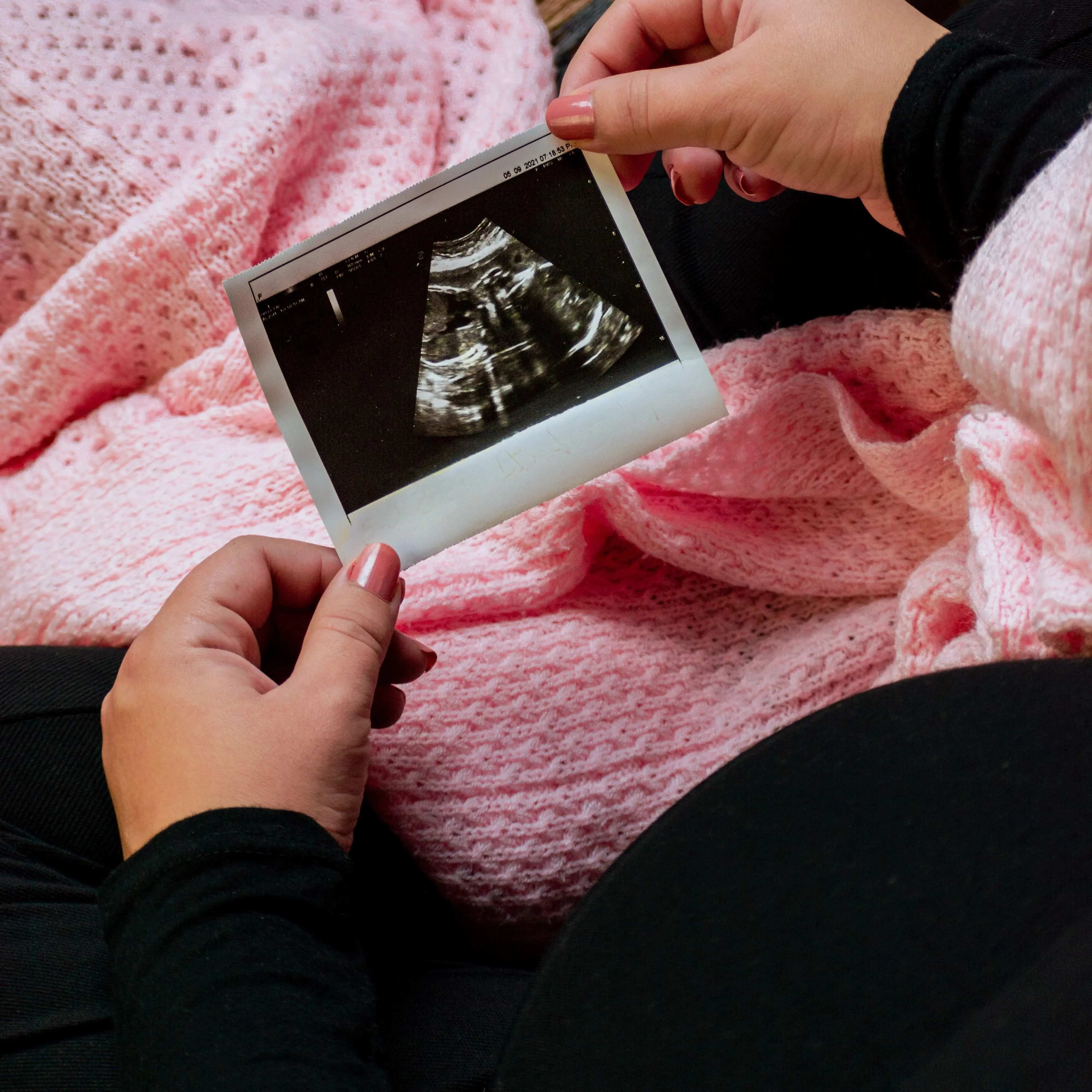
The participants were all white, British women between the ages of 18 and 40, each carrying a healthy baby (not multiples like twins or triplets). All women were between 32 and 36 weeks pregnant . Around 100 women were involved in the study.
The participants were put into one of three groups.
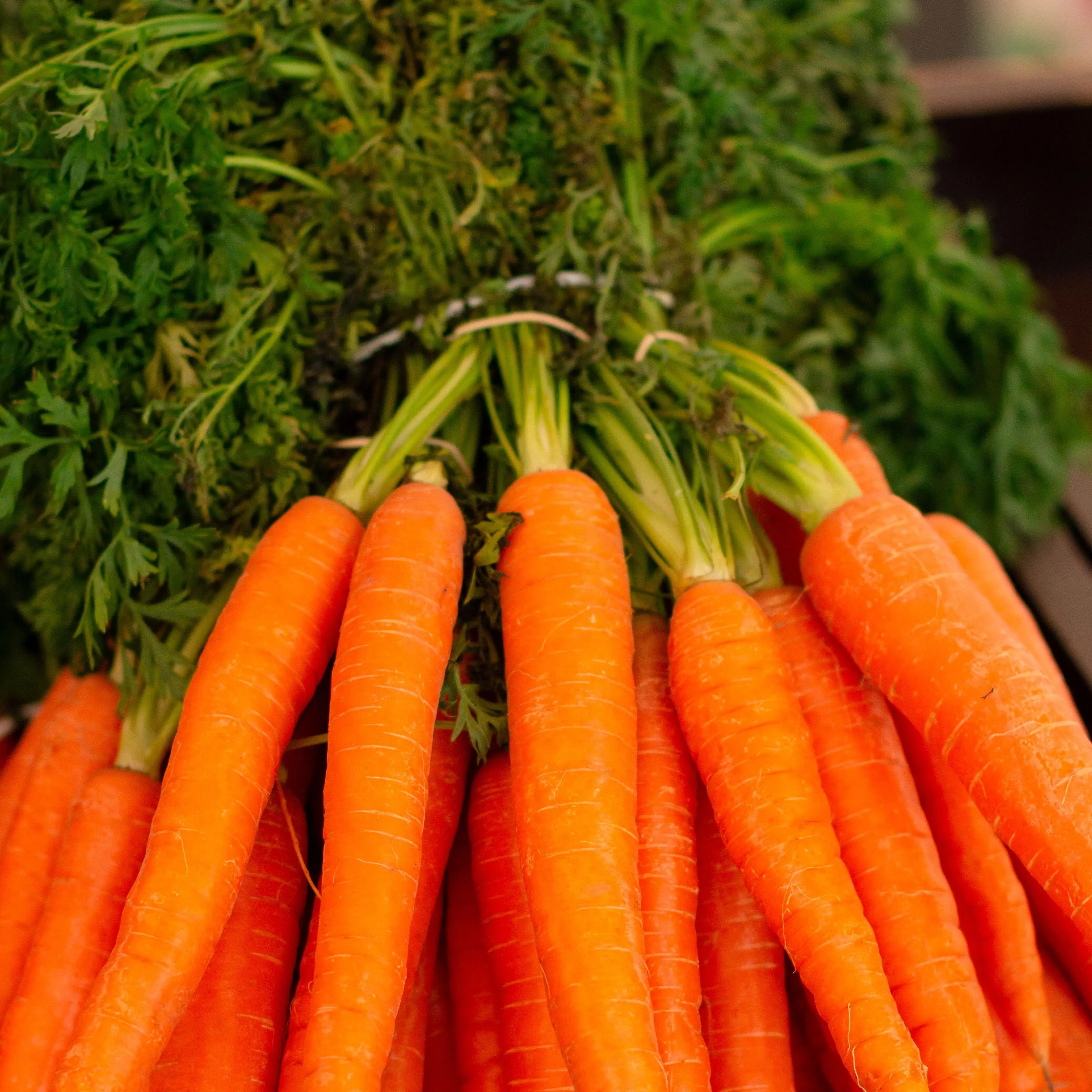
One group of 35 women were given capsules with powdered carrots in them, to the equivalent of one medium carrot. The second group of 34 women were given capsules with the equivalent of 100 grams of powdered kale in them.
The third group of women were not given any capsules to ingest.
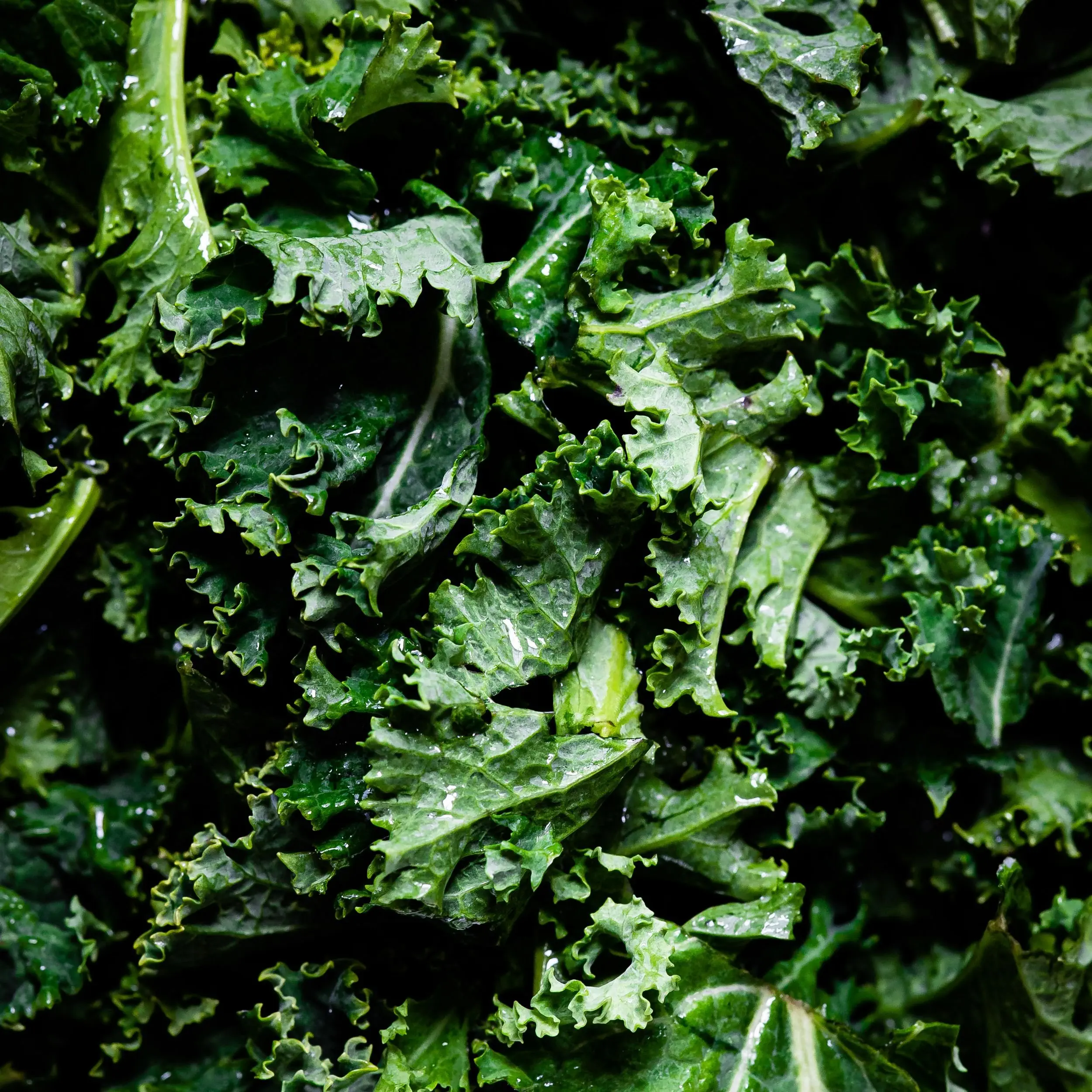
After this, the women were subjected to 4D ultrasounds, in order to see the facial expressions of the fetuses in each group. The results they found were pretty interesting.
The babies in the kale group grimaced, while the ones in the carrot group smiled.
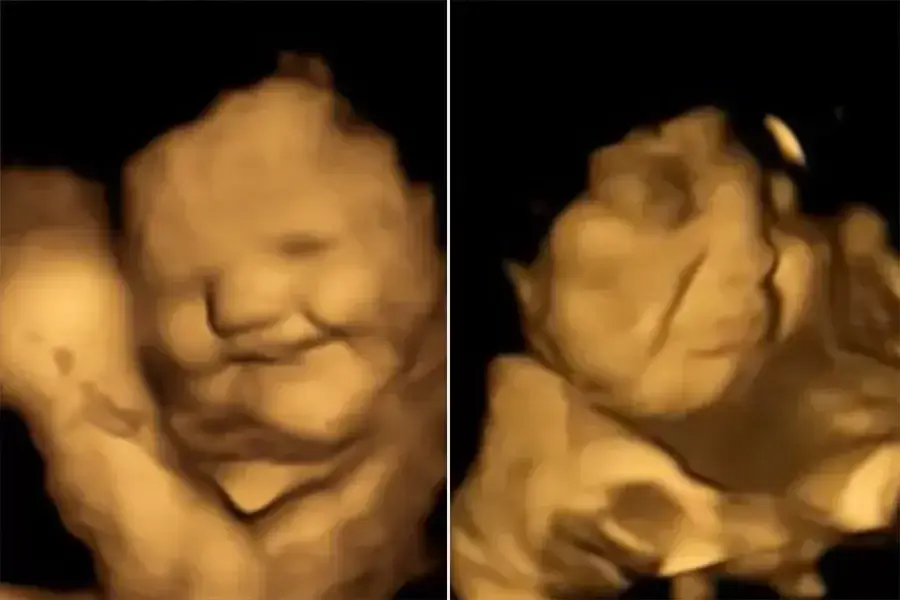
The control group (the group who didn’t eat carrots or kale) had variations in the facial expressions shown by each baby through their ultrasounds.
This shows that babies respond to the kinds of things their mothers eat.

“We are the first ones who could actually show on an ultrasound scan the facial expressions in relation to the food which the mother has just consumed,” Nadja Reissland, a co-author of the study and the head of the university’s research lab said to NBC.
The ultrasound images show expressions shown in kids.

The ultrasound images showed the babies reacting to kale, for instance, in the same manner as both kids and adults who have just eaten something bitter. But this does not prove whether or not babies in utero can express emotions.
Reissland went on to say that the reaction to kale might just be a muscle movement in response to bitterness.
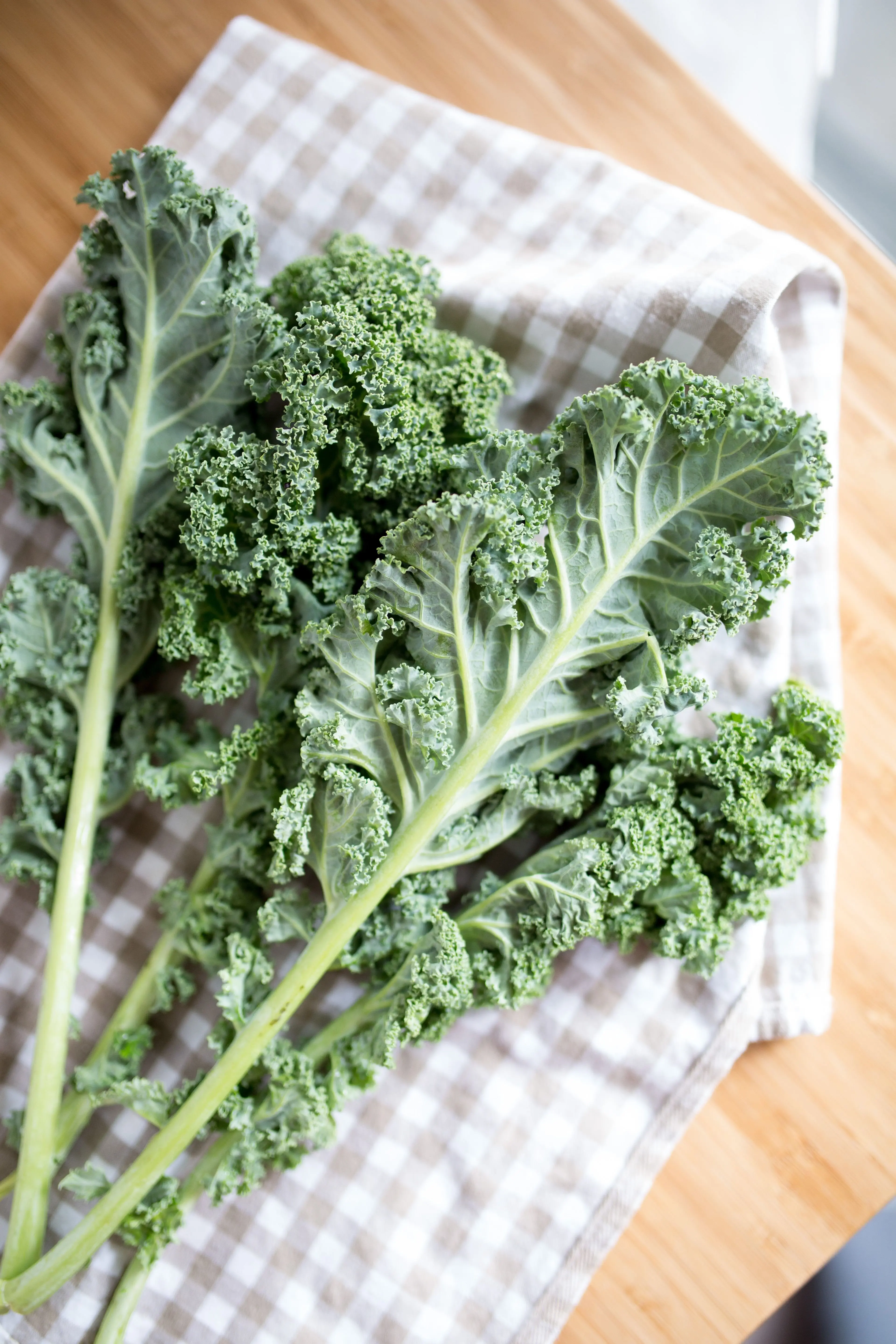
But she also said that babies in utero do commonly show facial expressions. “If you look at it from 24 to 36 weeks’ gestation, their expressions become more and more complex,” she said.
Dr. Daniel Robinson, an associate professor of neonatology at Northwestern University Feinberg School of Medicine, also weighed in on the results.
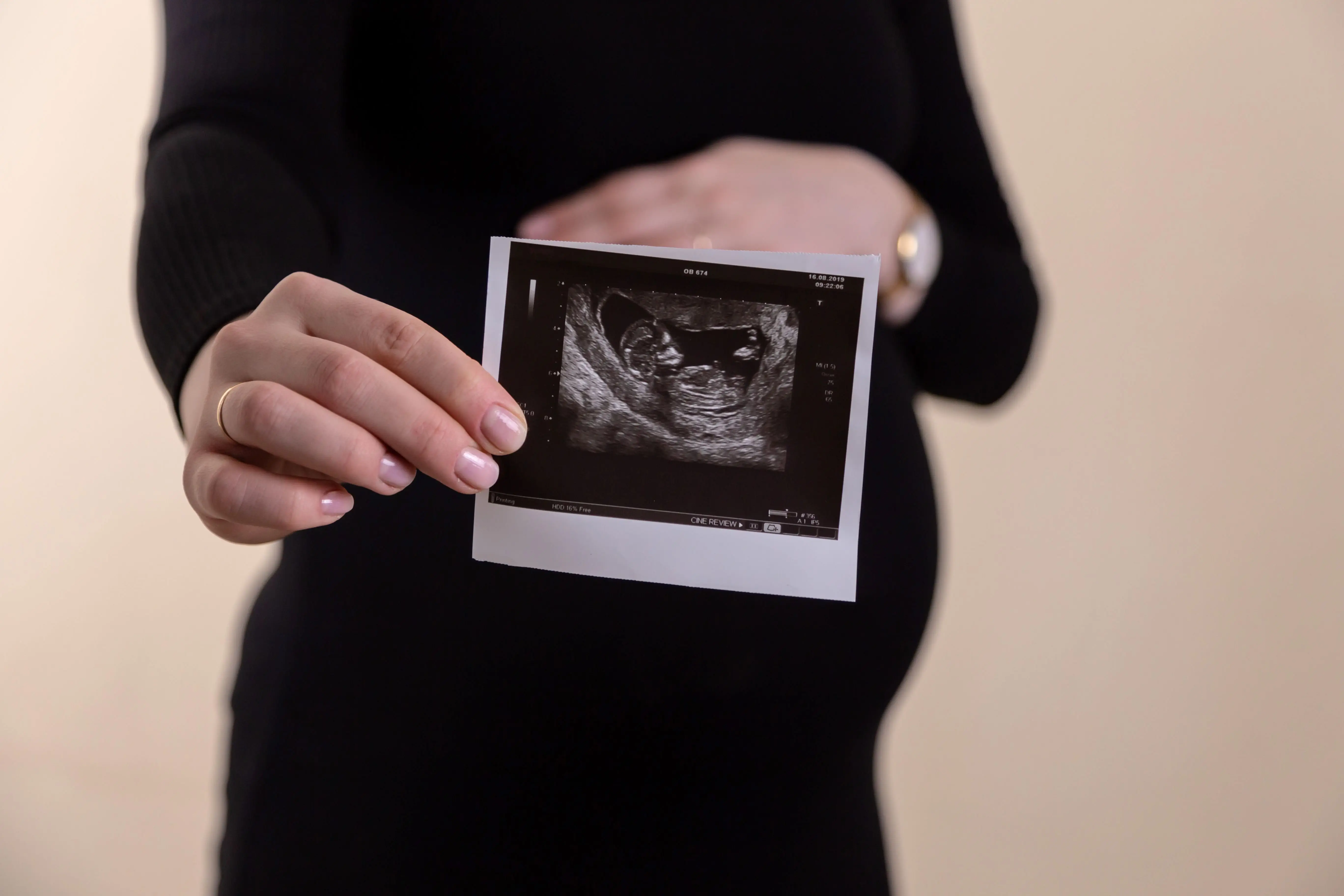
While Dr. Robinson wasn’t part of the study, he told NBC News that this should not be interpreted as fetuses being able to show emotion.
However, it does support the idea that babies like sweet-tasting things.

“There is the notion that newborns and infants will have a preference for sweeter flavors, and there are evolutionary ideas behind that,” he said.
This study, alongside others, helps to support the idea that fetuses should be exposed to a variety of foods.
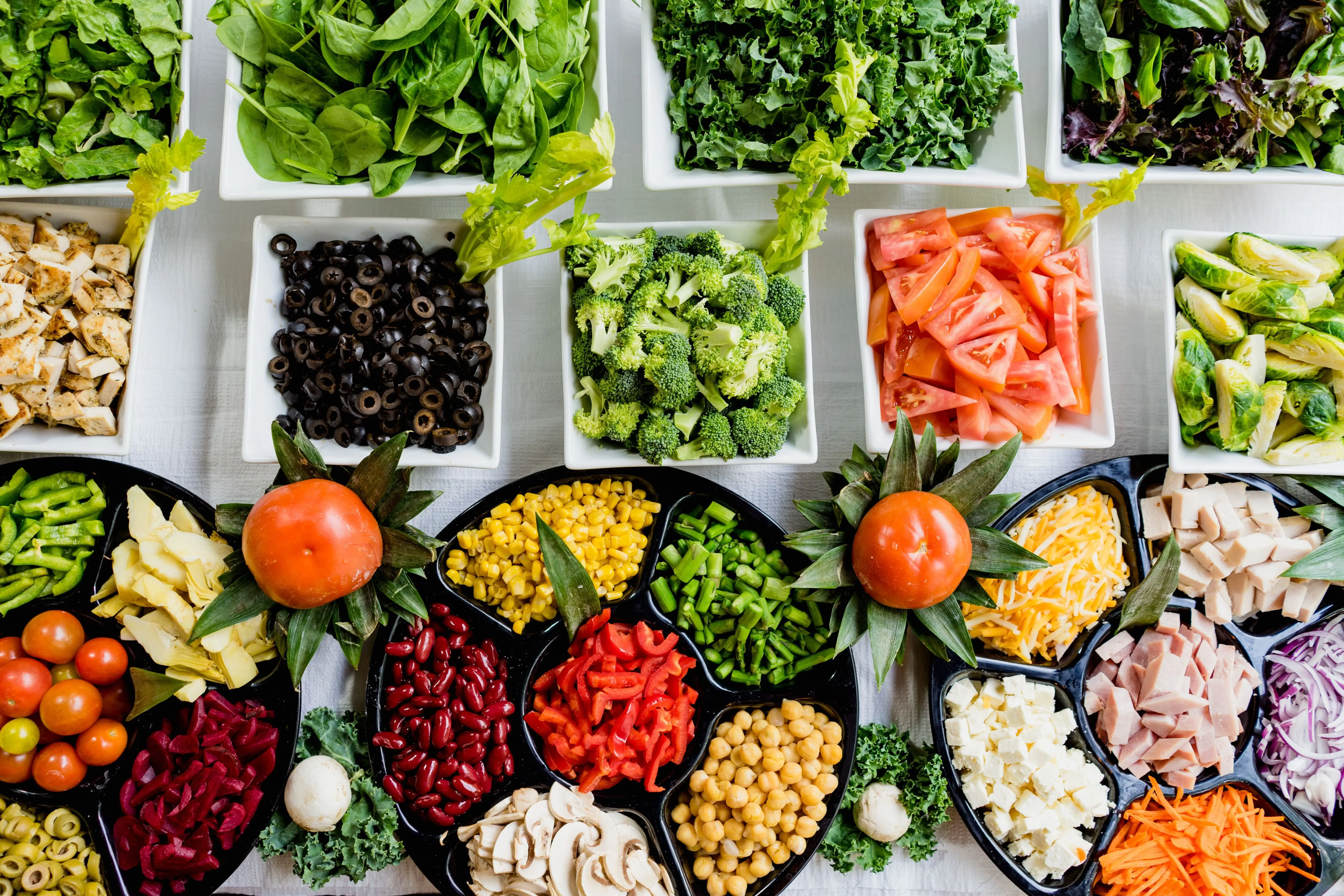
Robinson continued, “Diet during pregnancy is really important and influential on the health of not just the developing fetus, but the future for that child.”
Reissland added that babies may grow to become less fussy eaters if they’re exposed to different healthy foods in utero.

She said, “If we can actually get [children] to like green vegetables and to perhaps not like sweets that much, it might help with regard to their weight gain and their weight balance.”
What do you think? Let us know in the comments!
h/t: NBC News


















































